
The Enchanting Wilderness of Aberdare National Park
Aberdare National Park in Kenya is a hidden gem nestled in the Aberdare Mountain Range. This park is a paradise for nature lovers and adventure seekers. With its lush forests, deep valleys, and rolling hills, the park offers a serene escape from the bustling city life. The diverse landscape is home to a rich variety of wildlife, including elephants, lions, leopards, and the rare bongo antelope. One of the highlights of visiting Aberdare National Park is the chance to see its stunning waterfalls. The Karuru Falls, Gura Falls, and Chania Falls are some of the most spectacular in the region. These cascading waters create a breathtaking backdrop for photography enthusiasts and provide a refreshing experience for visitors. The park is also a haven for bird watchers. It boasts over 250 species of birds, including the endangered Aberdare cisticola and the African fish eagle. Whether you're an avid birder or just enjoy the melodies of nature, Aberdare National Park will not disappoint. For those who enjoy hiking, the park offers numerous trails that range in difficulty. From leisurely walks to challenging hikes, there is something for everyone. The paths wind through the forest and up the mountains, offering stunning views and a chance to connect with nature. Accommodation within the park is comfortable and caters to various budgets. You can choose to stay in rustic lodges or opt for a more luxurious experience at the tree hotels, where you can watch wildlife from your room. Aberdare National Park promises an unforgettable experience filled with adventure, relaxation, and the beauty of nature.
Local tips in Aberdare National Park
- Wear layers and bring warm clothing as the weather can be unpredictable and temperatures can drop significantly.
- Hire a local guide to enhance your experience and increase your chances of spotting rare wildlife.
- Visit the park during the dry season (June to September) for the best wildlife viewing opportunities.
- Book your accommodation in advance, especially if you plan to stay at the popular tree hotels.
- Carry binoculars and a good camera to capture the stunning scenery and wildlife.
The Enchanting Wilderness of Aberdare National Park
Aberdare National Park in Kenya is a hidden gem nestled in the Aberdare Mountain Range. This park is a paradise for nature lovers and adventure seekers. With its lush forests, deep valleys, and rolling hills, the park offers a serene escape from the bustling city life. The diverse landscape is home to a rich variety of wildlife, including elephants, lions, leopards, and the rare bongo antelope. One of the highlights of visiting Aberdare National Park is the chance to see its stunning waterfalls. The Karuru Falls, Gura Falls, and Chania Falls are some of the most spectacular in the region. These cascading waters create a breathtaking backdrop for photography enthusiasts and provide a refreshing experience for visitors. The park is also a haven for bird watchers. It boasts over 250 species of birds, including the endangered Aberdare cisticola and the African fish eagle. Whether you're an avid birder or just enjoy the melodies of nature, Aberdare National Park will not disappoint. For those who enjoy hiking, the park offers numerous trails that range in difficulty. From leisurely walks to challenging hikes, there is something for everyone. The paths wind through the forest and up the mountains, offering stunning views and a chance to connect with nature. Accommodation within the park is comfortable and caters to various budgets. You can choose to stay in rustic lodges or opt for a more luxurious experience at the tree hotels, where you can watch wildlife from your room. Aberdare National Park promises an unforgettable experience filled with adventure, relaxation, and the beauty of nature.
When is the best time to go to Aberdare National Park?
Iconic landmarks you can’t miss
Nairobi National Park
Discover Nairobi National Park: A breathtaking wildlife sanctuary where urban life meets the wild heart of Africa, offering unforgettable adventures and stunning scenery.
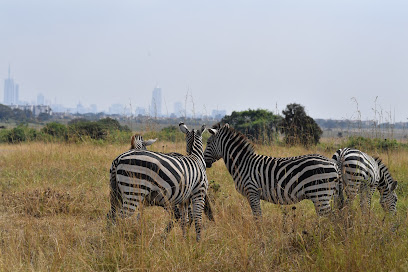
Mount Kenya National Park
Discover the stunning landscapes, diverse wildlife, and rich cultural heritage at Mount Kenya National Park, a must-visit destination in Kenya.
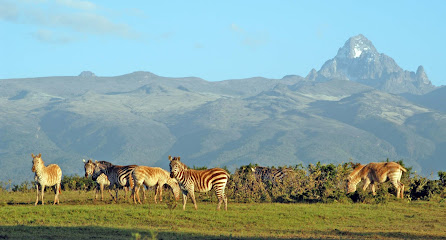
Amboseli National Park
Experience the breathtaking landscapes and incredible wildlife of Amboseli National Park, a must-visit destination in Kenya for nature lovers and adventure seekers.
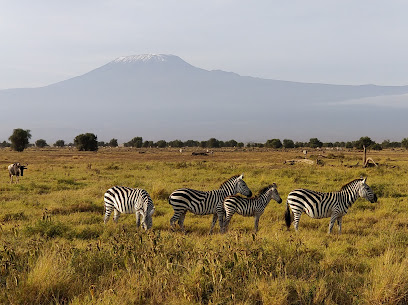
August 7th Memorial Park
Explore August 7th Memorial Park in Nairobi, a poignant site honoring the victims of the 1998 bombing, reflecting resilience and history.
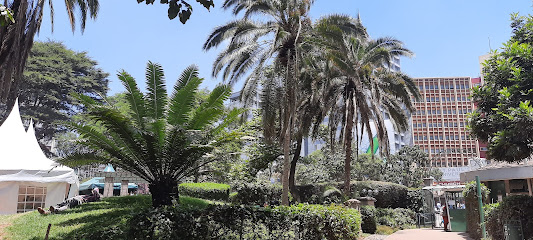
Tsavo West National Park
Experience the untouched beauty of Tsavo West National Park, where diverse wildlife and stunning landscapes await every traveler in the heart of Kenya.
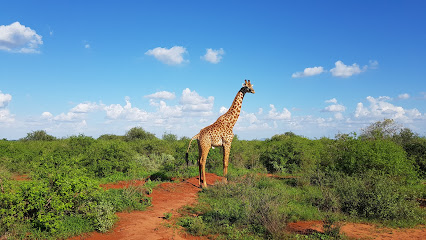
Equator Marker
Discover the Equator Marker in Nanyuki, Kenya, where you can stand at the heart of the world and explore breathtaking landscapes and cultural experiences.
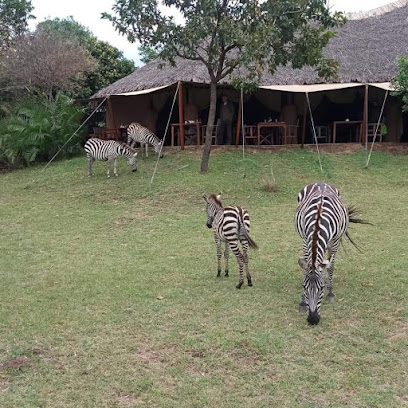
Tafaria Castle & Center for the Arts
Experience the enchanting blend of medieval architecture and vibrant arts at Tafaria Castle, a unique destination in the Kenyan highlands.
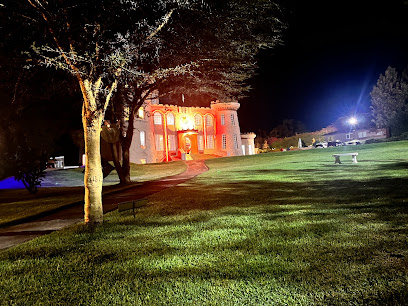
The Ark Lodge
Discover the enchanting wildlife and scenic beauty at The Ark Lodge, a unique getaway in Aberdare National Park, perfect for nature enthusiasts.

Buffalo Springs National Reserve
Experience the wild heart of Kenya at Buffalo Springs National Reserve, where diverse wildlife and stunning landscapes await your discovery.
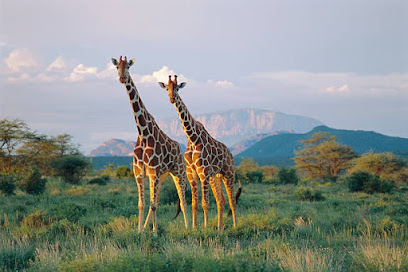
Meru National Park
Discover the enchanting wilderness of Meru National Park, where diverse wildlife and stunning landscapes await every adventurous traveler.
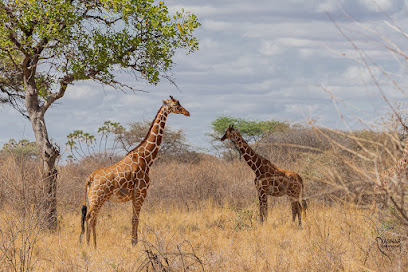
Crescent Island Game Sanctuary
Experience the enchanting beauty of Crescent Island Game Sanctuary, a wildlife haven in Naivasha, Kenya, teeming with diverse flora and fauna.
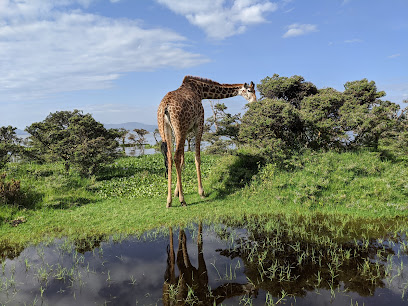
Serena Mountain Lodge
Discover serenity and adventure at Serena Mountain Lodge, where luxury meets the breathtaking beauty of Mount Kenya in Nyeri.

Treetops Lodge & Estate
Experience the historical charm and natural beauty of Treetops Lodge & Estate, a serene escape in Aberdare National Park, Kenya.

Menengai Crater
Experience the breathtaking landscapes and rich biodiversity of Menengai Crater, a stunning volcanic caldera in Kenya's stunning Rift Valley.
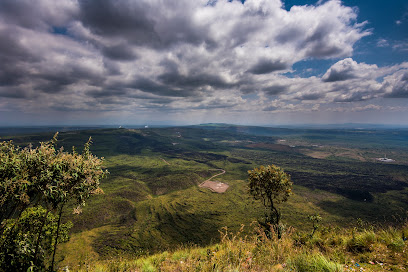
KWS Aberdares National Park Head Quarters
Discover the biodiversity and breathtaking landscapes at KWS Aberdares National Park Headquarters, your gateway to adventure in Kenya.
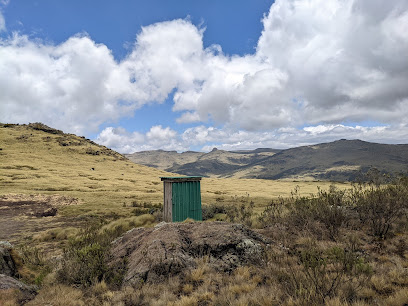
Unmissable attractions to see
Elephant Hill Hiking Trail (Aberdare ) Njabini, Kenya.
Explore the breathtaking Elephant Hill Hiking Trail in Njabini, Kenya, where adventure meets stunning natural beauty in the Aberdare Range.
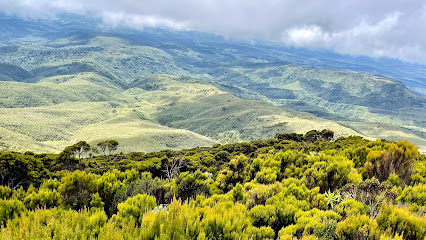
Chania Falls
Discover the breathtaking beauty of Chania Falls in Kenya, a perfect blend of adventure and tranquility amidst stunning natural landscapes.
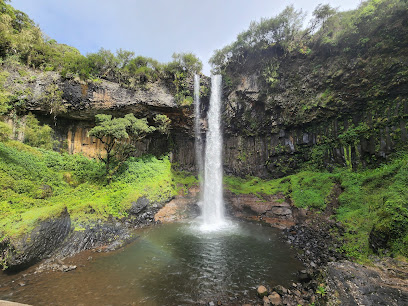
Karuru Waterfall
Experience the breathtaking beauty of Karuru Waterfall in Aberdare National Park, a stunning natural attraction for nature lovers and adventure seekers.
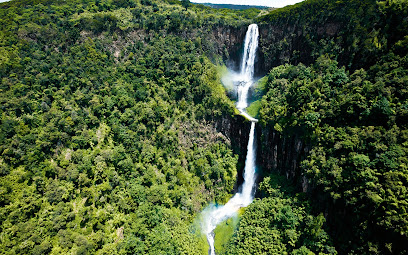
7 Ponds, Aberdares Kenya
Explore the serene beauty of the 7 Ponds in Aberdares, Kenya, a hidden gem for hiking and nature lovers seeking adventure and tranquility.
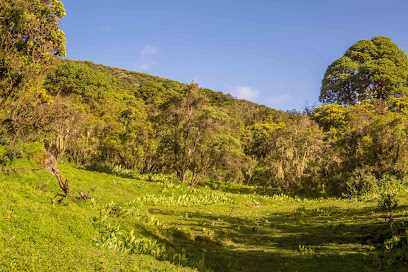
Zaina Falls
Experience the enchanting beauty of Zaina Falls, a breathtaking natural attraction in Tusha, Kenya, where adventure meets tranquility.
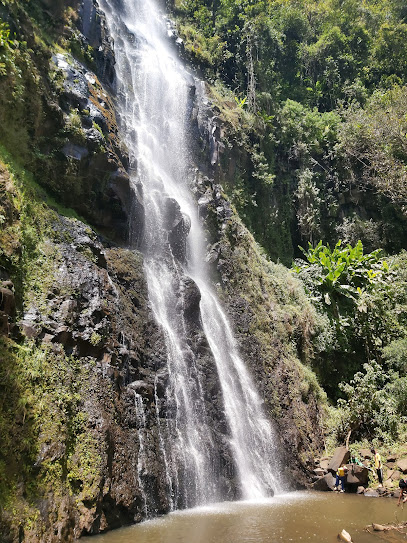
Table Mountain, Aberdares, Kenya
Explore Table Mountain in Aberdares, Kenya - A spectacular hiking area with breathtaking views and rich biodiversity awaiting your discovery.
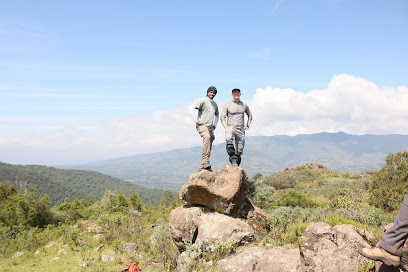
Mount Satima, Aberdares Kenya
Explore the breathtaking beauty of Mount Satima in Aberdares, Kenya, a hiker's haven with stunning views and rich wildlife.
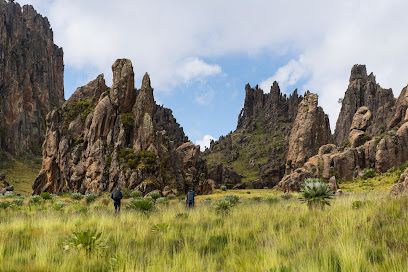
Queens Cave
Explore the enchanting Queens Cave in Nyeri Town, a natural wonder filled with stunning rock formations and scenic landscapes perfect for adventurers.
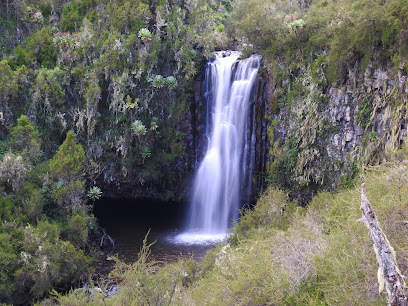
KWS WANDARE GATE ABERDARE NATIONAL PARK
Explore the stunning landscapes and rich biodiversity of KWS Wandare Gate in Aberdare National Park for an unforgettable adventure in Kenya's wilderness.
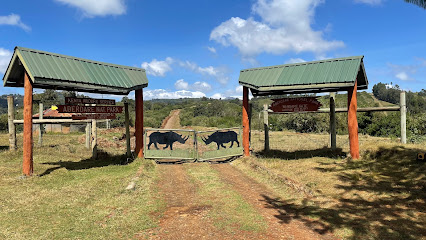
Ark Gate KWS Aberdare National Park
Experience the diverse wildlife and stunning landscapes of Aberdare National Park, a true gem in Kenya's natural heritage.
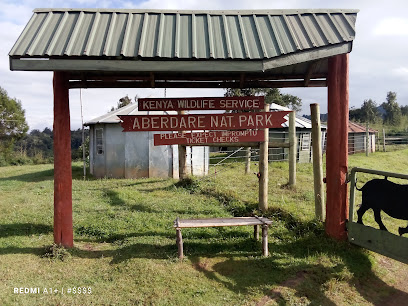
Mt Kipipiri
Explore Mt Kipipiri, a breathtaking Kenyan tourist attraction, offering stunning views, diverse wildlife, and thrilling outdoor adventures.
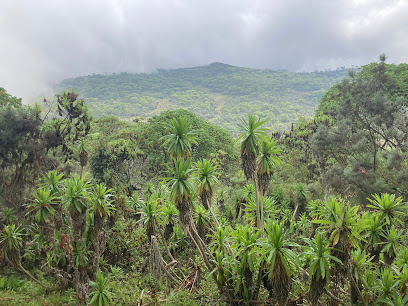
Hiking Trail
Explore the stunning hiking trails of Belle Vue, a hidden gem in Kenya that offers breathtaking views and diverse ecosystems for adventurers.
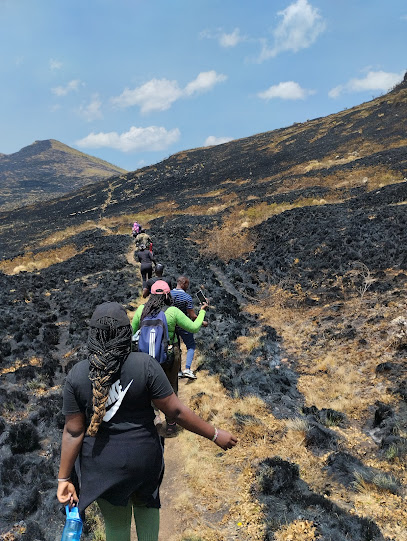
Dragon's Teeth
Discover the breathtaking landscapes and unique rock formations at Dragon's Teeth, a premier hiking destination in Ndiara, Kenya.
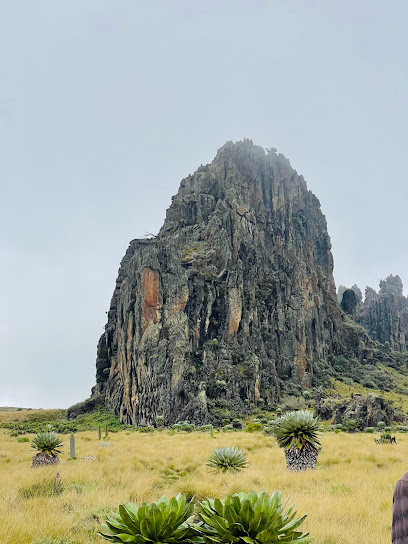
Rurimueria Aberdares, Kenya
Explore the serene beauty of Rurimueria Aberdares in Kenya, a breathtaking hiking destination with lush landscapes and vibrant wildlife.
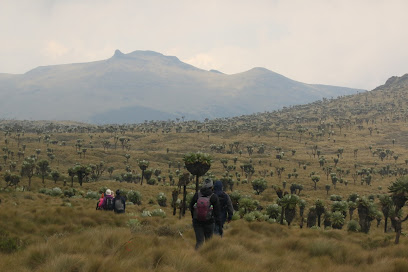
Aberdare National Reserve
Discover the enchanting Aberdare National Reserve, where diverse wildlife and breathtaking landscapes await nature lovers and adventure seekers in Kenya.

Essential places to dine
Urban Eatery
Discover Urban Eatery in Nairobi: A vibrant restaurant offering diverse culinary delights from local favorites to international cuisine.
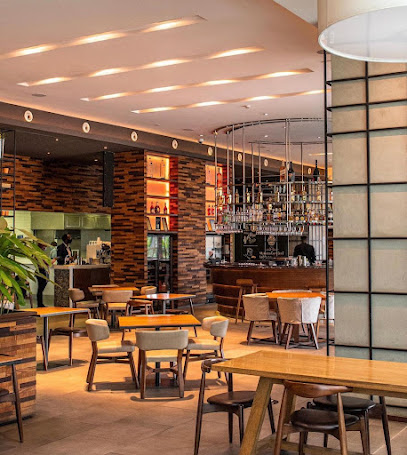
Talisman Restaurant
Discover exquisite cuisine amidst lush gardens at Talisman Restaurant in Nairobi's charming Karen suburb.
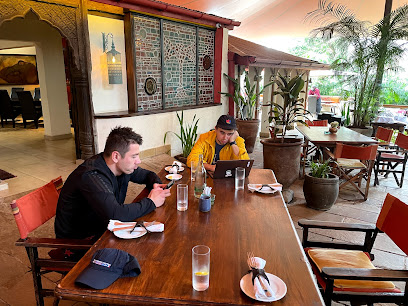
Red Ginger
Discover authentic Kenyan flavors blended with global influences at Red Ginger in Nairobi's vibrant Parklands area.
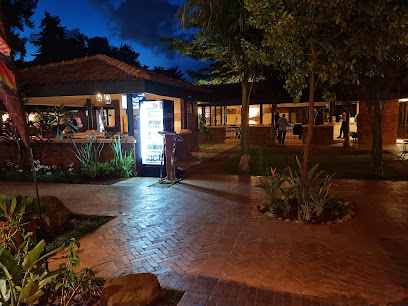
Fairmont The Norfolk
Discover unparalleled luxury and rich history at Fairmont The Norfolk, Nairobi's premier hotel destination offering exquisite dining and serene accommodations.
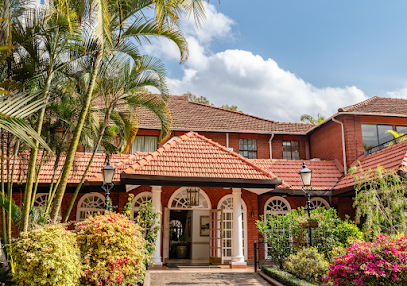
Mercado - Mexican Kitchen and Bar
Experience authentic Mexican cuisine in Nairobi at Mercado - where every meal is a festive celebration of flavors.
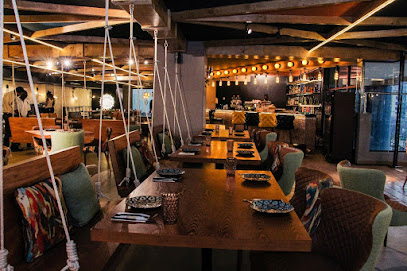
The Social House Nairobi
Experience unparalleled comfort and authentic Kenyan hospitality at The Social House Nairobi – your ultimate travel destination.
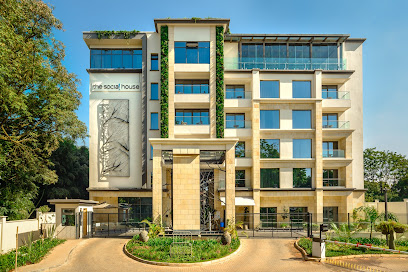
The River Café
Discover the perfect blend of nature and gastronomy at The River Café in Karura Forest – where every meal becomes a serene escape.
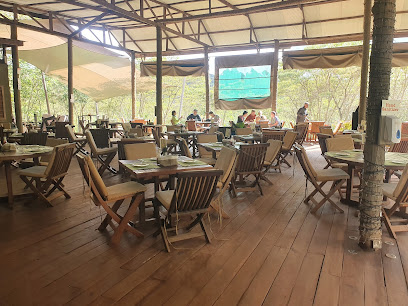
About Thyme Restaurant
Experience fine dining at About Thyme Restaurant in Nairobi; where exquisite flavors meet serene surroundings.
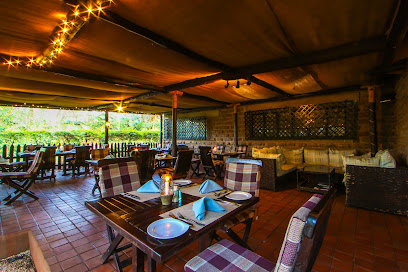
Mama Ashanti
Discover authentic West African cuisine at Mama Ashanti in Nairobi – where every meal tells a story.
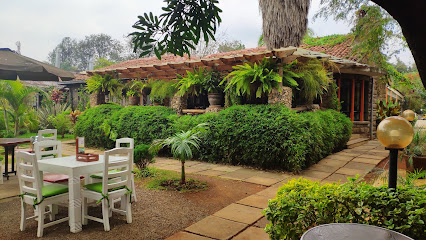
The Lord Erroll
Experience fine dining at The Lord Erroll in Nairobi—where exquisite cuisine meets serene ambiance amid lush surroundings.
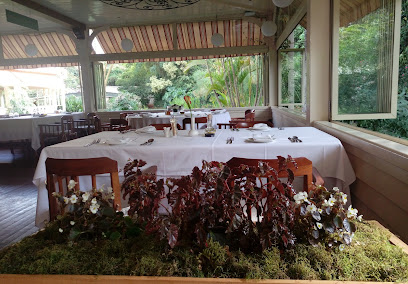
INTI - A Nikkei Experience
Experience the exquisite blend of Japanese and Peruvian flavors at INTI, Nairobi's premier destination for Nikkei cuisine with breathtaking views.
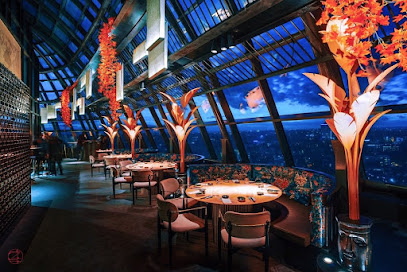
Mawimbi Seafood Restaurant
Experience exquisite seafood and Italian cuisine at Mawimbi Seafood Restaurant, Nairobi's premier fine dining destination offering stunning views.
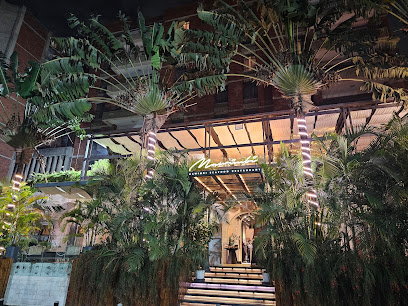
Open House Restaurant Ltd
Experience authentic Indian cuisine at Open House Restaurant Ltd in Nairobi – where every dish tells a story.
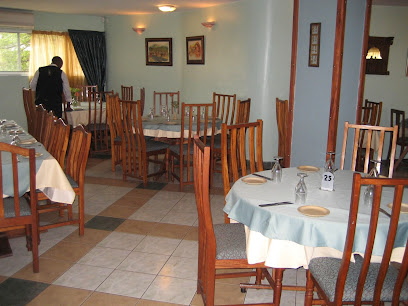
MAMBO ITALIA LAVINGTON
Experience authentic Italian cuisine at Mambo Italia Lavington – from wood-fired pizzas to creamy gelato, it’s a culinary journey worth savoring.
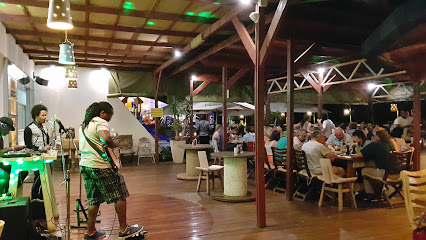
Spring Valley Oven
Discover exquisite dining at Spring Valley Oven in Nairobi – where local flavors meet international cuisine in an inviting atmosphere.
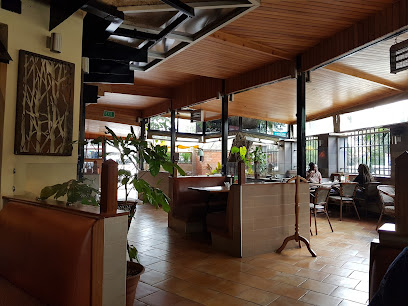
Markets, malls and hidden boutiques
Aberdare National Park
Explore the breathtaking landscapes and rich wildlife of Aberdare National Park, a hidden gem in the heart of Kenya's natural wonders.
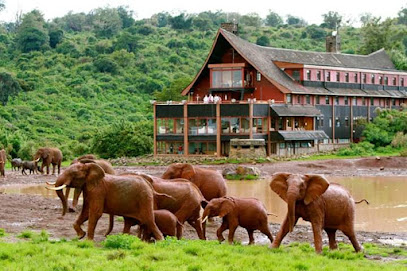
Ridgeways Mall
Discover a shopping haven at Ridgeways Mall, featuring diverse shops, delightful dining, and entertainment options for all ages.
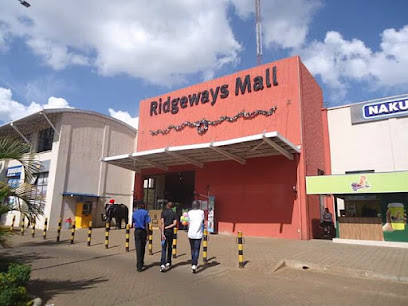
Aberdare Country Club
Aberdare Country Club: A serene homestay in Nyeri, Kenya, perfect for nature lovers and adventure seekers alike.
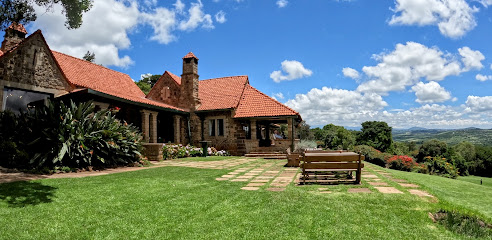
The Ark Lodge
Experience the breathtaking beauty of Kenya at The Ark Lodge, where nature meets comfort in a unique and unforgettable retreat.

Langata Link Shops
Explore Langata Link Shops in Nairobi for unique gifts, local crafts, and a vibrant shopping atmosphere that captures the essence of Kenyan creativity.
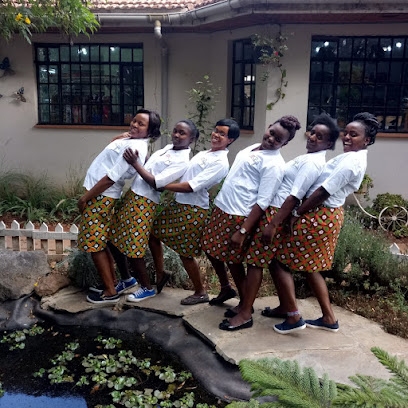
Treetops Lodge & Estate
Escape to Treetops Lodge & Estate, where luxury meets the wild heart of Aberdares National Park in Kenya.

Utamaduni Craft Centre
Discover the beauty of Kenyan craftsmanship at Utamaduni Craft Centre, a vibrant hub for unique artistic handicrafts and cultural treasures.
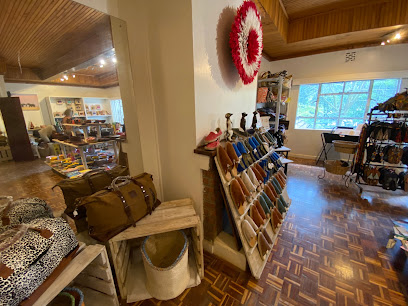
Giraffe Ark Game Lodge
Experience the perfect blend of luxury and wildlife adventure at Giraffe Ark Game Lodge in Nyeri, Kenya, where nature meets comfort.
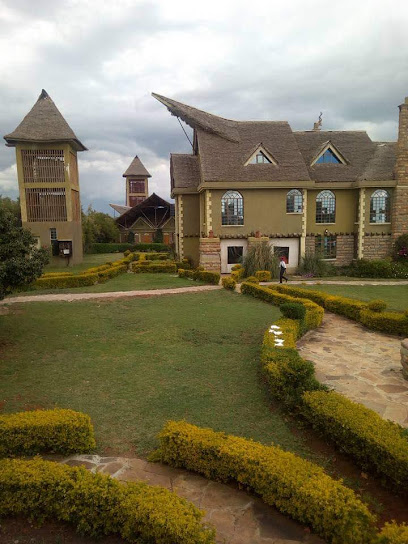
Kayu Glory mobile
Experience the lively atmosphere and rich culture of Miharati at Kayu Glory Market, where local flavors and crafts await.
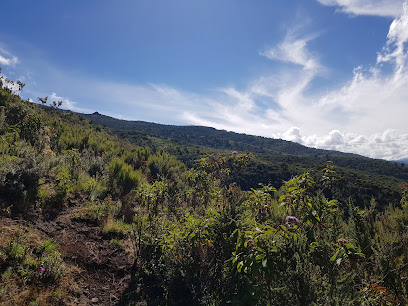
Endarasha Shopping Center
Discover the vibrant Endarasha Shopping Center in Kabage, where local culture meets diverse shopping and dining experiences in an inviting atmosphere.
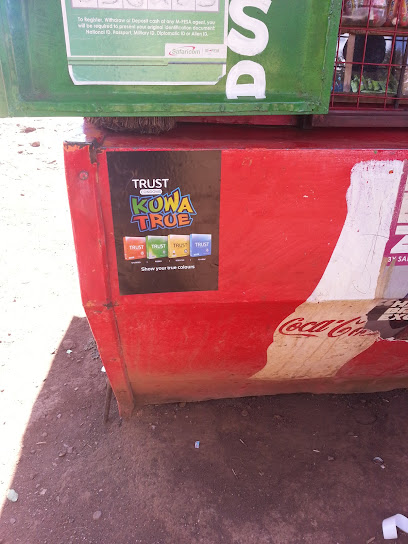
Ndunyu Njeru
Explore Ndunyu Njeru, a vibrant shopping mall in Kenya, blending local culture with modern retail experiences for an unforgettable visit.
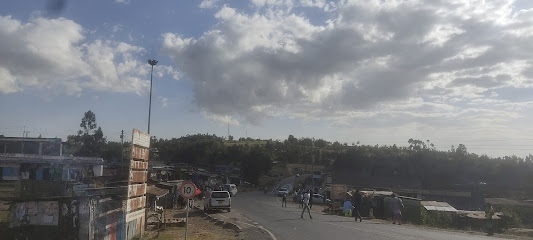
Kiangwaci Shopping Centre
Discover the vibrant Kiangwaci Shopping Centre in Gatithi, where shopping meets local culture and delightful dining experiences await.
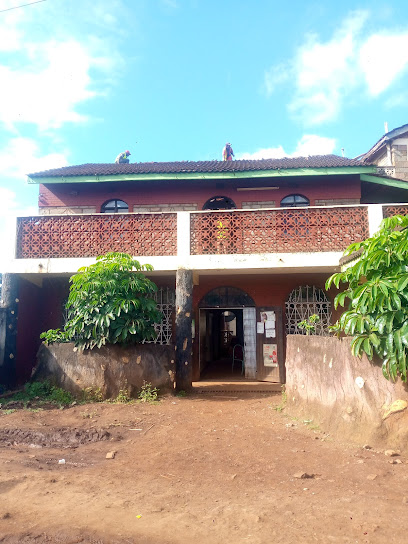
Aberdare Fishing Lodge
Discover the serene beauty of Aberdare Fishing Lodge, nestled in Aberdare National Park, perfect for nature lovers and adventure seekers.

PEMBE TATU
Discover the vibrant shopping experience at Pembe Tatu, Nyeri's premier mall with diverse shops and dining options for every traveler.
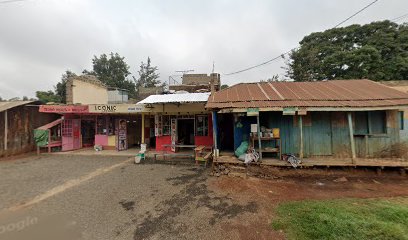
KWS WANDARE GATE ABERDARE NATIONAL PARK
Explore the stunning landscapes and diverse wildlife of KWS Wandare Gate Aberdare National Park, a nature lover's paradise in Kenya.
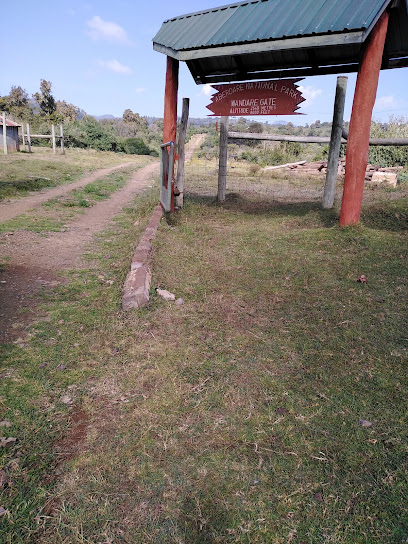
Essential bars & hidden hideouts
Aberdare Views Tavern
Experience the charm of Aberdare Views Tavern, where breathtaking landscapes meet vibrant social life in Ndiara, Kenya.
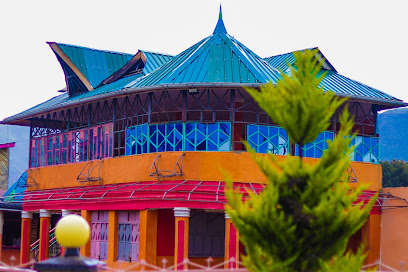
Hikers Bar
Experience the warmth and hospitality of Hikers Bar in Nyeri, where local drinks and a friendly atmosphere await adventurers and tourists.
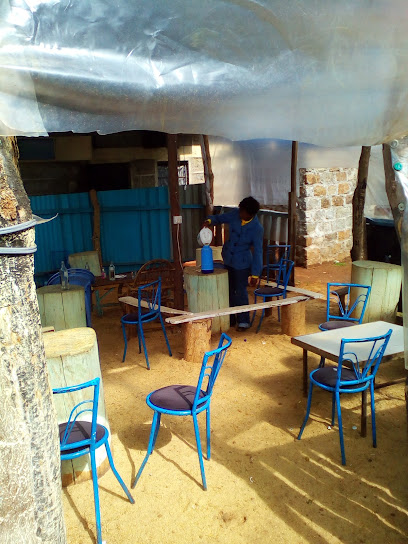
Rangers inn
Discover the vibrant atmosphere and refreshing drinks at Rangers Inn, a must-visit bar for tourists in Ndunyu Njeru.
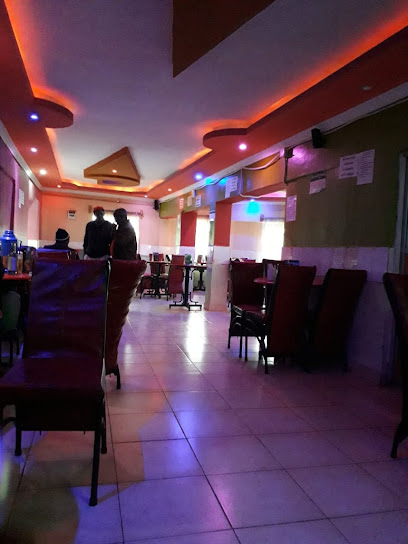
Blue Point Bar And Restaurant
Discover the lively Blue Point Bar and Restaurant in Belle Vue, where great drinks and vibrant nights come together for an unforgettable experience.
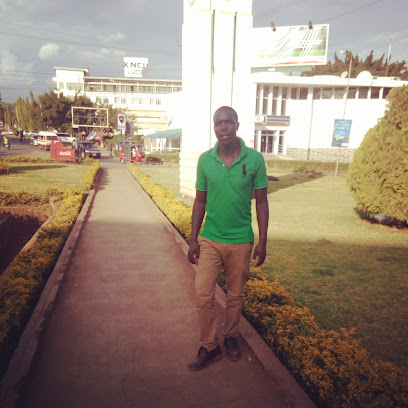
Splendid Bar
Experience the vibrant atmosphere and delicious grilled cuisine at Splendid Bar, a popular destination in Miharati for tourists and locals alike.
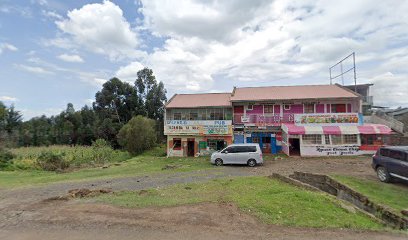
THE CAFE SPORTS BAR
Experience the excitement of live sports at The Cafe Sports Bar, where great food and a vibrant atmosphere meet for unforgettable moments.
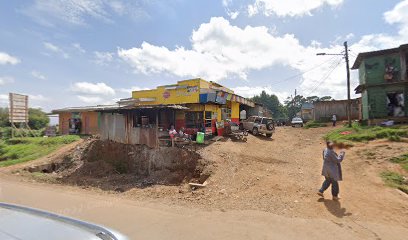
Rukingi bar
Discover the vibrant atmosphere of Rukingi Bar in Munyange Two, where local drinks and friendly faces await for an unforgettable night out.
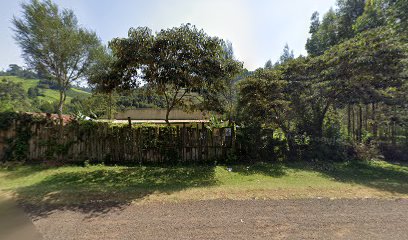
Fun City Pub & Restaurant
Experience the lively ambiance of Fun City Pub & Restaurant, where local flavors and vibrant nightlife meet in the heart of Nyeri.
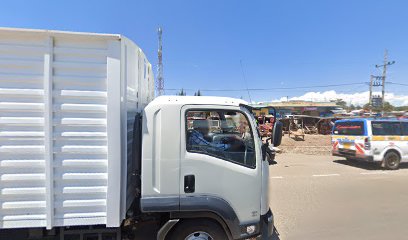
Kahuruko Bar
Discover the lively Kahuruko Bar in Miharati, where local culture meets vibrant nightlife for an unforgettable experience.
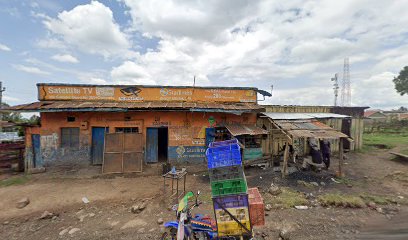
Rest Pub
Experience the vibrant atmosphere and local flavors at Rest Pub in Munyange Two, where good company and authentic Kenyan hospitality await.
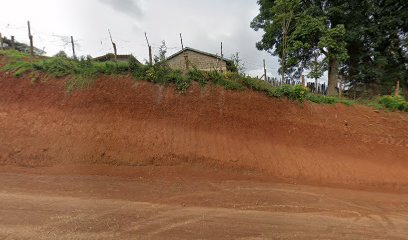
Park view Villa bar
Discover the charm of Park View Villa Bar, where scenic views and exquisite drinks create the perfect atmosphere for relaxation and socializing.
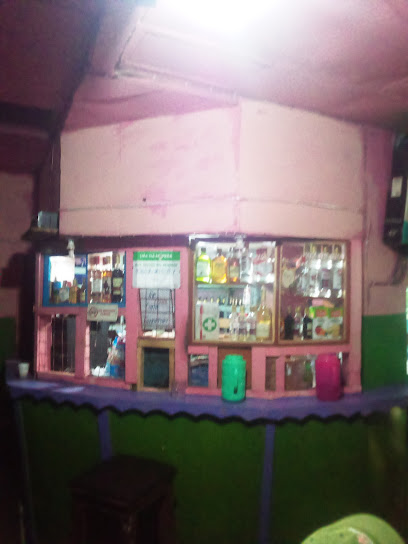
Westgate bar and restaurant
Discover the lively ambiance and delightful local flavors at Westgate Bar and Restaurant in Nyeri, a perfect spot to unwind and socialize.
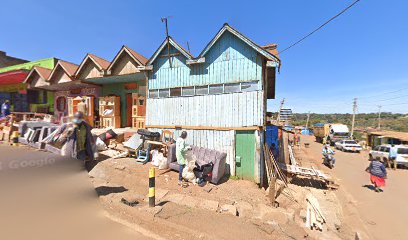
Cool Palace Bar
Discover the lively atmosphere of Cool Palace Bar in Belle Vue, where local brews and a vibrant crowd come together for unforgettable nights.
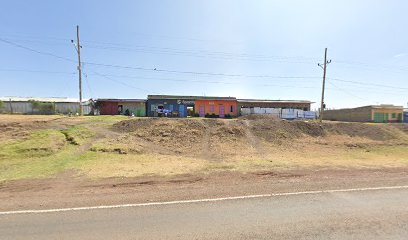
wakanoro bar and lodgings
Experience the lively atmosphere and local flavors at Wakanoro Bar and Lodgings, a must-visit spot for tourists in Kenya.

Local Phrases about Aberdare National Park
-
- HelloMuraho
[moo-rah-ho] - GoodbyeKwaheri
[kwa-hay-ree] - YesNdio
[uhn-dee-oh] - NoHapana
[hah-pah-nah] - Please/You're welcomeTafadhali
[tah-fah-dah-lee] - Thank youAsante
[ah-sahn-tay] - Excuse me/SorrySamahani
[sah-mah-hah-nee] - How are you?U hali gani?
[oo hah-lee gah-nee] - Fine. And you?Safi. Na wewe?
[sah-fee. nah way-way] - Do you speak English?Unazungumza Kiingereza?
[oo-nah-zoon-goom-zah keen-gay-ray-zah] - I don't understandSielewi
[see-eh-leh-wee]
- HelloMuraho
-
- I'd like to see the menu, pleaseNingependa kuona menyu, tafadhali
[neen-geh-pen-dah koo-oh-nah men-yoo, tah-fah-dah-lee] - I don't eat meatSi kula nyama
[see koo-lah n-yah-mah] - Cheers!Mambo!
[mahm-boh] - I would like to pay, pleaseNingependa kulipa, tafadhali
[neen-geh-pen-dah koo-lee-pah, tah-fah-dah-lee]
- I'd like to see the menu, pleaseNingependa kuona menyu, tafadhali
-
- Help!Msaada!
[m-sah-ah-dah] - Go away!Ondoka!
[ohn-doh-kah] - Call the Police!Piga polisi!
[pee-gah poh-lee-see] - Call a doctor!Piga daktari!
[pee-gah dahk-tah-ree] - I'm lostNimepotea
[nee-meh-poh-teh-ah] - I'm illNinaumwa
[nee-nah-oom-wah]
- Help!Msaada!
-
- I'd like to buy...Ningependa kununua...
[neen-geh-pen-dah koo-noo-noo-ah] - I'm just lookingNinaangalia tu
[nee-nah-ahn-gah-lee-ah too] - How much is it?Bei ni ngapi?
[bay nee ngah-pee] - That's too expensiveHilo ni ghali sana
[hee-loh nee gah-lee sah-nah] - Can you lower the price?Unaweza kupunguza bei?
[oo-nah-way-zah koo-poon-goo-zah bay]
- I'd like to buy...Ningependa kununua...
-
- What time is it?Ni saa ngapi?
[nee sah-ah ngah-pee] - It's one o'clockNi saa moja
[nee sah-ah moh-jah] - Half past (10)Nusu saa kumi
[noo-soo sah-ah koo-mee] - MorningAsubuhi
[ah-soo-boo-hee] - AfternoonMchana
[m-chah-nah] - EveningJioni
[joh-ee-oh-nee] - YesterdayJana
[jah-nah] - TodayLeo
[lay-oh] - TomorrowKesho
[kay-shoh] - 1Moja
[moh-jah] - 2Mbili
[m-bee-lee] - 3Tatu
[tah-too] - 4Nne
[nn-eh] - 5Tano
[tah-noh] - 6Sita
[see-tah] - 7Saba
[sah-bah] - 8Nane
[nah-neh] - 9Tisa
[tee-sah] - 10Kumi
[koo-mee]
- What time is it?Ni saa ngapi?
-
- Where's a/the...?Iko wapi...?
[ee-koh wah-pee] - What's the address?Anuani ni gani?
[ah-noo-ah-nee nee gah-nee] - Can you show me (on the map)?Unaweza kunionyesha (kwenye ramani)?
[oo-nah-way-zah koo-nee-oh-nye-shah kweh-neh rah-mah-nee] - When's the next (bus)?Basi lifuata lini?
[bah-see lee-foo-ah-tah lee-nee] - A ticket (to ....)Tiketi (kwenda ....)
[tee-keh-tee kwen-dah]
- Where's a/the...?Iko wapi...?
History of Aberdare National Park
-
Aberdare National Park, established in May 1950, is a protected area in the Aberdare Mountain Range of central Kenya. The park covers an area of 766 square kilometers and was created to conserve the unique flora and fauna of the Aberdare Mountains. The park's formation was influenced by the colonial government’s desire to protect the forested highlands, which were crucial for water catchment and biodiversity.
-
During the 1950s, Aberdare National Park became a significant hideout for the Mau Mau fighters who were rebelling against British colonial rule. The dense forests and rugged terrain provided an ideal sanctuary for these freedom fighters. The park's history is deeply intertwined with the Mau Mau Uprising, and many of the caves and hideouts used by the Mau Mau can still be found within the park.
-
Aberdare National Park holds a special place in British royal history. In 1952, Princess Elizabeth and her husband, Prince Philip, were staying at the Treetops Hotel within the park when they received news of King George VI’s death, making her the queen. This event has cemented the park’s place in royal history and adds a unique historical dimension to its story.
-
Over the years, Aberdare National Park has been the focus of numerous conservation efforts aimed at protecting its diverse ecosystems. The Aberdare Forest, part of the park, is one of Kenya's most important water catchment areas, feeding rivers that supply water to Nairobi and other regions. Initiatives such as the Rhino Ark fence project have been crucial in mitigating human-wildlife conflict and preserving the park’s biodiversity.
-
The Aberdare Mountains are not just a natural wonder but also hold significant cultural value for the local Kikuyu people. The mountains are considered sacred and are referred to as 'Nyandarua,' meaning 'drying hide' due to the distinctive silhouette of its peaks. Traditional ceremonies and rituals are often conducted in the highlands, and the park remains a place of cultural heritage for the local communities.
Aberdare National Park Essentials
-
Aberdare National Park is located approximately 100 kilometers north of Nairobi, Kenya's capital city. The nearest airport is Jomo Kenyatta International Airport (NBO) in Nairobi. From Nairobi, you can take a taxi, private transfer, or rental car to the park. The journey by road typically takes about 2-3 hours depending on traffic. Alternatively, you can take a domestic flight to Nanyuki or Nyeri airstrips, both of which are close to the park, followed by a short drive.
-
Within Aberdare National Park, the best way to get around is by 4x4 vehicle due to the rugged terrain. Several tour operators offer guided safaris with experienced drivers who know the area well. Self-driving is also an option, but ensure your vehicle is suitable for off-road conditions. There are no public transport options within the park itself, so private arrangements are necessary.
-
The official currency in Kenya is the Kenyan Shilling (KES). Credit and debit cards are widely accepted in Nairobi and major towns, but it is advisable to carry cash when visiting remote areas like Aberdare National Park. ATMs are available in Nairobi and nearby towns such as Nyeri and Nanyuki. It’s a good idea to withdraw sufficient cash before entering the park.
-
Aberdare National Park is generally safe for tourists. However, standard travel precautions should be taken. Avoid walking alone at night or in isolated areas. Keep your valuables secure and avoid displaying expensive items. When in urban areas like Nairobi, be cautious in neighborhoods such as Eastleigh and downtown areas, which have higher crime rates targeting tourists.
-
In case of emergency, you can reach the police by dialing 999 or 112. Medical facilities are available in nearby towns like Nyeri and Nanyuki. For emergencies within the park, contact the park's rangers or your tour operator, who can assist in coordinating a response. It is also highly recommended to have travel insurance that covers medical emergencies and evacuation.
-
Fashion: Do dress in neutral-colored clothing to blend in with the environment and avoid startling wildlife. Avoid wearing bright colors. Religion: Do respect local customs and traditions, particularly if visiting nearby communities. Public Transport: Do use reputable taxi services or private transfers when traveling to and from the park. Public transport is not available within the park. Greetings: Do greet people with a handshake and a friendly smile. Using basic Swahili greetings like 'Jambo' (Hello) and 'Asante' (Thank you) is appreciated. Eating & Drinking: Do try local dishes when dining at lodges or nearby towns. Be cautious about drinking tap water; bottled water is recommended.
-
To experience Aberdare National Park 'like a local', consider staying in one of the park's unique lodges, such as The Ark or Treetops, which offer exceptional wildlife viewing opportunities. Engage with park rangers and guides to learn about conservation efforts and the park's history. Visit the Chania Falls and Karuru Falls for breathtaking views. For a cultural experience, explore the nearby Kikuyu and Maasai communities to learn about their traditions and ways of life.
Trending Landmarks in Aberdare National Park
-
Nairobi National Park
-
Mount Kenya National Park
-
Amboseli National Park
-
August 7th Memorial Park
-
Tsavo West National Park
-
Equator Marker
-
Tafaria Castle & Center for the Arts
-
The Ark Lodge
-
Buffalo Springs National Reserve
-
Meru National Park
-
Crescent Island Game Sanctuary
-
Serena Mountain Lodge
-
Treetops Lodge & Estate
-
Menengai Crater
-
KWS Aberdares National Park Head Quarters
Nearby Cities to Aberdare National Park
-
Things To Do in Nakuru
-
Things To Do in Nairobi
-
Things To Do in Eldoret
-
Things To Do in Kisumu
-
Things To Do in Kitale
-
Things To Do in Mbale
-
Things To Do in Arusha
-
Things To Do in Moshi
-
Things To Do in Jinja
-
Things To Do in Kampala
-
Things To Do in Entebbe
-
Things To Do in Mwanza
-
Things To Do in Malindi
-
Things To Do in Lamu
-
Things To Do in Lira










